Navier-Stokes regularity, fluid computing & machine learning workshop
12 PM – 5 PM, 1 Jun 2023
The London Institute hosts a workshop on the Navier-Stokes millennium-prize problem and its connection to fluid computing and machine learning.
At the dawn of the 21st century, a problem was posed in functional analysis: are the solutions to Navier–Stokes equations smooth, or do they break down after an amount of time? In the 89 years since this problem was first introduced, all attempts to solve the Navier–Stokes equations using functional analysis have failed.
This workshop focuses on this open problem of whether solutions to Navier–Stokes equations are smooth, bringing together experts from different fields to discuss potential solutions. The highlight of this workshop will be a lecture by Prof. Eva Miranda, who was awarded the 2023 Hardy Lectureship for her outstanding contributions to mathematics and society. She will present her recent work on how hydrodynamics is capable of performing computations. Other talks will cover advances in neuromorphic computing, machine learning, and fluid computation. The workshop will also include poetry and a Bismuth sculpture related to the theme of ‘fluid computing’.
This event is funded by the London Mathematical Society Research Grant, Scheme 6. Please register your interest in attending this event here.
Programme
- 11:30 Arrival
- 12:00 Eva Miranda, LMS Hardy lecture: From Alan Turing to contact geometry: towards a “fluid computer”
- 13:00 Lunch break
- 14:00 Giulia Marcucci: Learning at the edge of chaos: neuromorphic computing by nonlinear waves
- 14:30 Juan Sebastian Totero Gongora: Complexity-driven neuromorphic photonics
- 15:00 Michael Negus: Machine learning methods to accelerate CFD
- 15:30 Yang-Hui He: Machine learning mathematical structures
- 16:00 Abdullah Awad: It from bit, Song-Shi art
- 16:30 Concluding remarks and departure
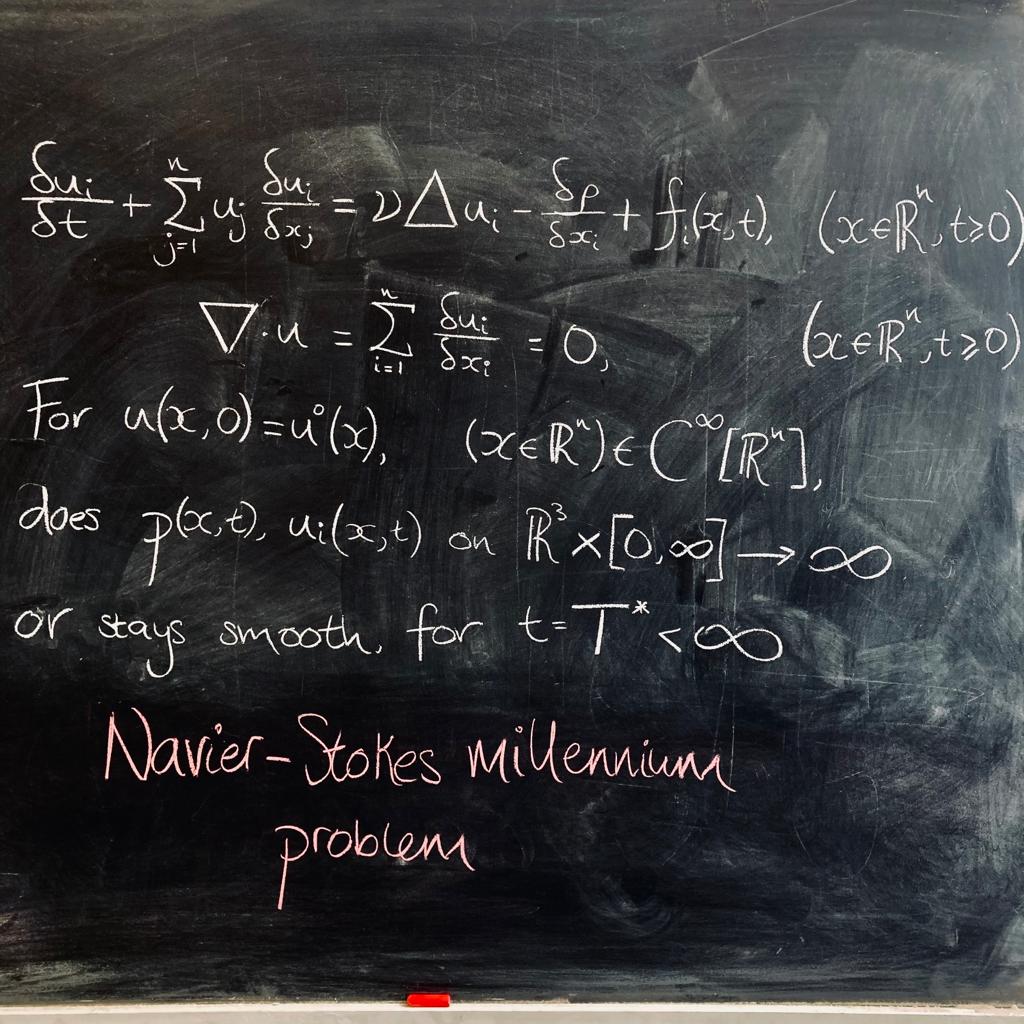



LCP












Speakers
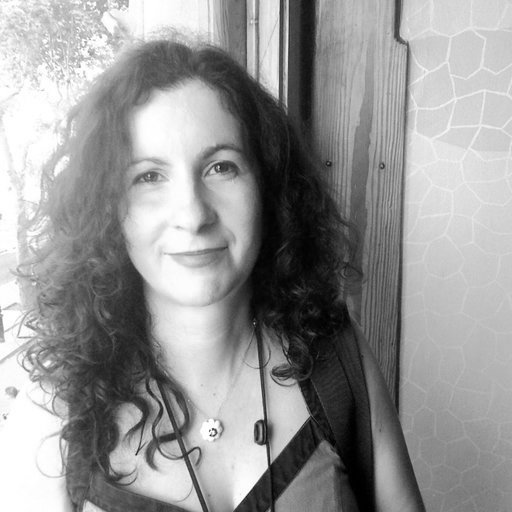
Prof. Miranda is a full professor at Politècnica de Catalunya, specialising in differential geometry and dynamical systems. She received two prestigious ICREA Academia Prizes (2016, 2021), Chaire d'Excellence of the FSMP, and, in 2022, the Bessel Prize and the François Deruyts Prize.

I combine Turing techniques with modern geometry to construct a ‘fluid computer’ in dimension-3. This addresses the Moore-Tao question, motivated by research on Navier–Stokes, on if hydrodynamics can perform computation. Could such a fluid computer address this millennium prize problem?
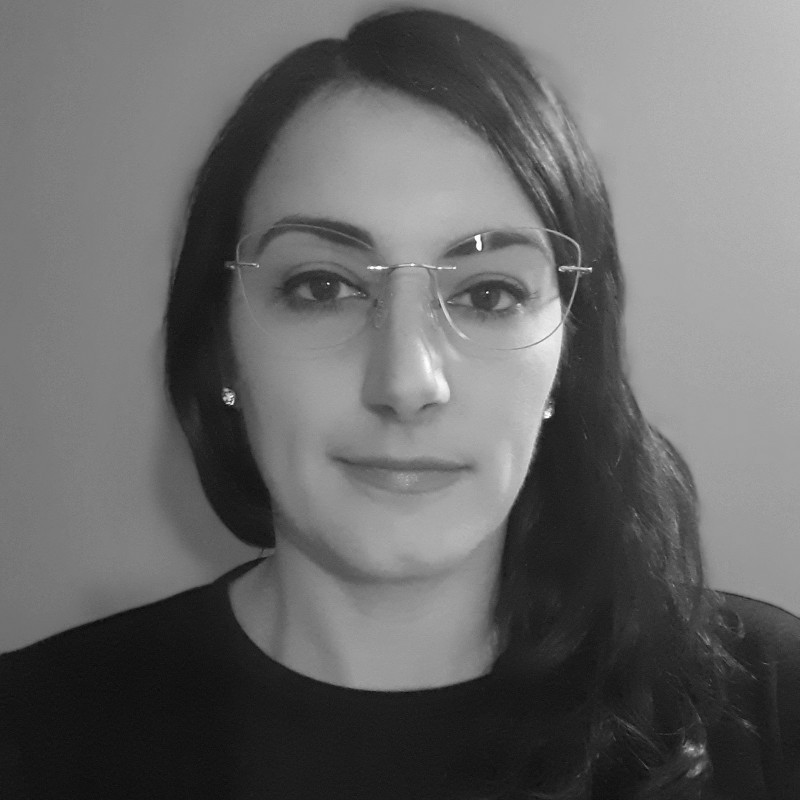
Dr Marcucci is research associate in the Extreme Light Group at the University of Glasgow. She studied physics and maths at Sapienza University, and later worked at a deep-tech startup as algorithm lead. She researches physical computing and neuromorphic computational paradigms.

I will present my work on engineering neuromorphic computers using wave reservoirs. My talk will emphasise the most efficient computing performance regimes. These findings offer valuable insights into the potential of nonlinear waves for computing.
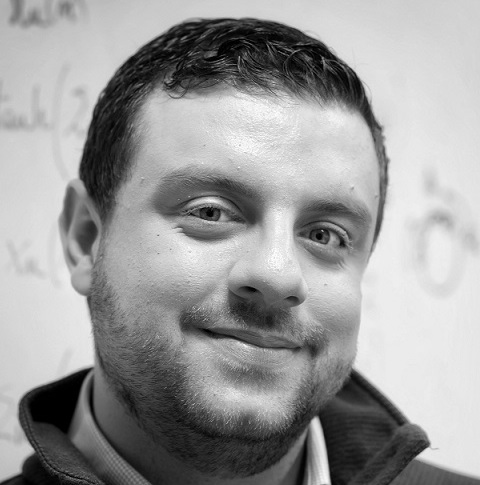
Dr Totero Gongora is senior lecturer and EPSRC Fellow at Loughborough University. He did a PhD in electrical engineering at KAUST University, before joining the Emergent Photonics Lab at the University of Sussex. He works on machine learning for ultrafast lasers and neuromorphic photonics.

I will provide an overview of current research on complexity-based neuromorphic photonic systems, where information processing is driven by complex nonlinear interactions among a large number of waves in single optical components.
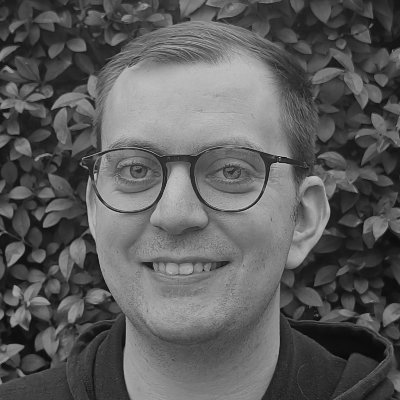
Dr Negus is CTO of Vanellus, a startup using AI to build efficient fluid simulation software. He studied maths and physics at the University of Warwick before doing his PhD at Oxford. He works on asymptotic methods and numerical simulations for droplet impact of deformable substrates.

I will discuss the recent developments in machine learning methods to accelerate CFD. I will particularly focus on the challenges of using Machine Learning for commercial-grade software, where robustness and generalisability are of importance.
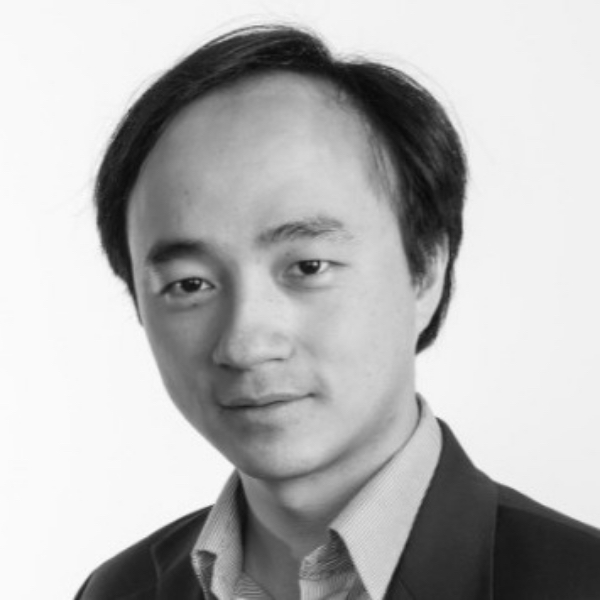
Prof. Yang-Hui He is a Fellow at the London Institute and Chang-Jiang Chair at Nankai University in China. He works on geometry, number theory and string theory. In 2017, he helped launch the field of AI-guided mathematical discovery, where he continues to play a leading role.

I will present a number of recent experiments on how various standard machine-learning algorithms can help with pattern detection across disciplines ranging from algebraic geometry to representation theory, to combinatorics, and to number theory.
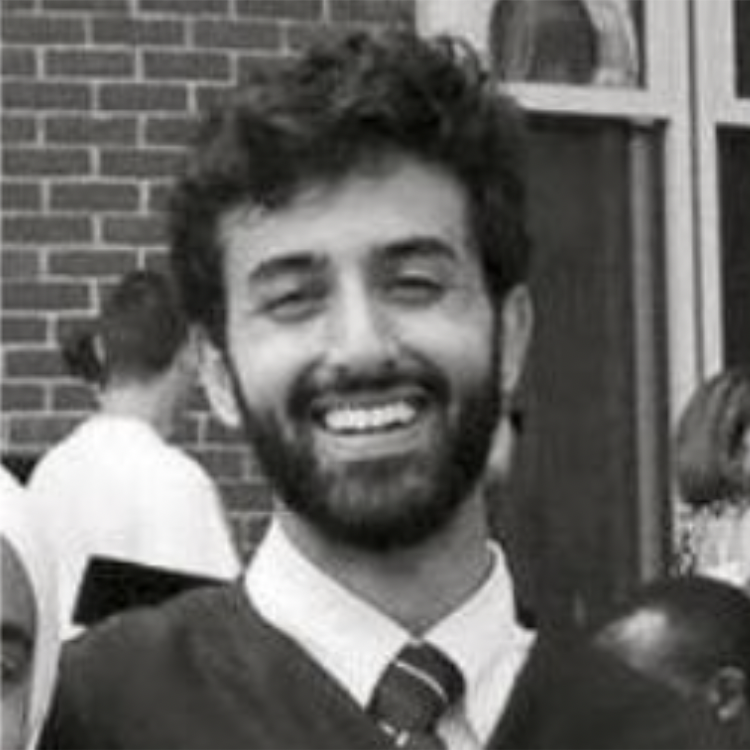
Dr Awad is a Herschel Smith Fellow at Cambridge and Founding Director of the Institute for Critical Thought, where he gives seminars on interpretive social sciences. He is a Visiting Fellow at Harvard, an executive member of the Taghyeer board, and was president of the Adelphic Union.

Miss Song is a London-based artist. She studied industrial design at Tianjin Academy of Fine Arts, before doing a masters in jewellery and metal at the Royal College of Art. Her creations have been shortlisted for more than twenty awards, including the Theo Fennell Design Award.

Mr Jiao is an interdisciplinary artist from the Royal College of Art. His works involve photography and interactivity. In 2022, he was shortlisted for the Belfast Photo Festival and the Sivana S. Foundation Award. He seeks to create a new aesthetic through the fusion of media.